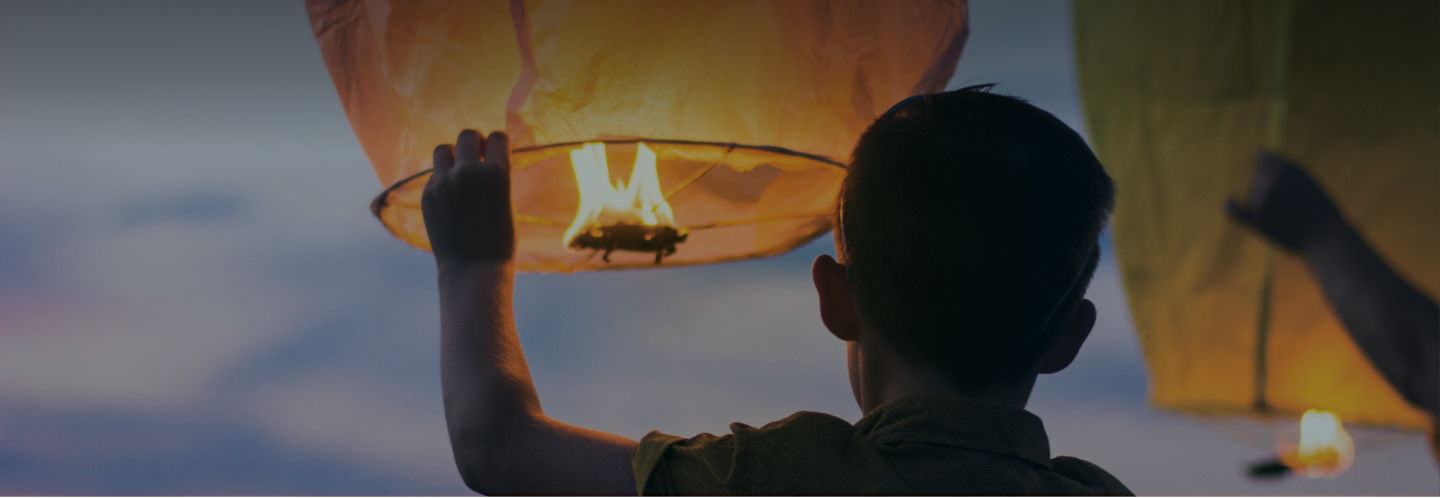All your relationships will be affected in some way by having a brother or sister with cancer. Roles change, and relationships with your parents and other sisters and brothers might become more strained or your family might be drawn closer together.
An older sister or brother might start becoming really bossy and protective, which can be frustrating. You might resent having to be the ‘strong one’ all the time, or having to look after other siblings and stuff like cooking and paying bills because your parents are focussed on your sister or brother with cancer.
My relationship with my brother or sister
Just because your brother or sister is sick doesn’t mean that all of a sudden your relationship will be perfect. It’s likely that they will still p*ss you off sometimes. You might be drawn closer together. Or you may find that you prefer to stay away and carry on with your normal things. It’s very common to feel anger or resentment towards your sibling when they are sick; for taking away the normality of your family life and having the entire focus on them all the time. You probably feel guilty for thinking like that, but these feelings are normal.
It can help to talk to someone non-judgemental, like a Canteen counsellor, or connect with other young people who’ve been through this in the Canteen Community.
My relationship with my parents
Your parents are dealing with a whole heap of stuff – their own emotions, worrying about your brother or sister and the rest of the family, and fretting about medical bills or getting time off work. As a result, they may be tired, stressed and cranky.
If your mum or dad is spending a lot of time at the hospital with your brother or sister you may be missing them (particularly if you live with only one parent or are closer to the one who’s always away). They might become overprotective and start treating you like a little kid, or it might feel like they’re not interested in you at all.
It’s okay to tell your parents that you still need things from them and ask if you can make a time to talk. If it’s really hard to bring up difficult topics with your parents, try writing a letter/email or text. This can be particularly difficult if your parents have separated or are divorced and don’t live together in the same house as you. It may take some adjusting to how your family deals with it and how cancer treatment schedules might impact your visitation schedules. Join or log in to the Canteen Community to read other young people’s advice on how they got through it.
My relationships with other siblings
If you have other sisters and/or brothers, you may feel closer to them and they might be a really important source of support. They may be the only ones who really get how hard it is because they’re living it with you. But if you never got along well with your brother or sister, the stresses of cancer probably won’t improve that.
My relationship with my friends
A lot of friends don’t really understand the whole cancer thing and don’t know what it’s like to have a sister or brother who is sick. Even though you get that, you might feel really hurt and let down when your friends aren’t there for you in the way you would like.
If your friends are staying away, it doesn’t necessarily mean they don’t care. Maybe they just don’t know what to say or do.
-
Your friends might be worried about saying the wrong thing, so they say nothing.
-
They don’t know if it’s okay to mention cancer or ask about your sister or brother. You might have to start the ball rolling.
-
They might ask tough – or stupid – questions. But remember all the things you didn’t know about cancer before your sister or brother got it.
-
They think their lives are boring and unimportant compared to yours and don’t know if they should talk about normal things.
-
This is new territory for your friends. Before you had this experience you might have acted the same way.
-
They might say something that annoys or upsets you – but remember they didn’t mean to; it’s usually because they don’t understand.
Stay in touch
Try to stay in touch with your friends. Let them know that even if you can’t always go out, you still like to be invited to things. It’s important to have some fun and take your mind off things sometimes.
Be as open as you can with your friends. If you don’t feel like telling the same story a hundred times, you could keep everyone updated on what’s going on with your sister or brother through Facebook, start a blog or send group emails or texts.
Friends may change
You might find that you lose some friendships along the way. You are going through some massive changes in your life and you might find you are not as interested in what your friends talk about anymore.
You may even have to deal with some friends bullying or excluding you, and decide they are not worth the hassle. This may have happened anyway, cancer or no cancer.
Common experiences often lead to new friendships. Many young people say that the best kind of support comes from meeting and talking to other young people who have been through similar experiences. It can be a huge relief to realise you are not the only person who has a sister or brother with cancer – and to hear how other people deal with it.
Canteen brings together young people who have similar experiences in their family with cancer both online and through face-to-face activities all over the country. Find out more about our peer support groups and programs.
You can also read other young people’s stories and connect with them online by joining the Canteen Community.

















